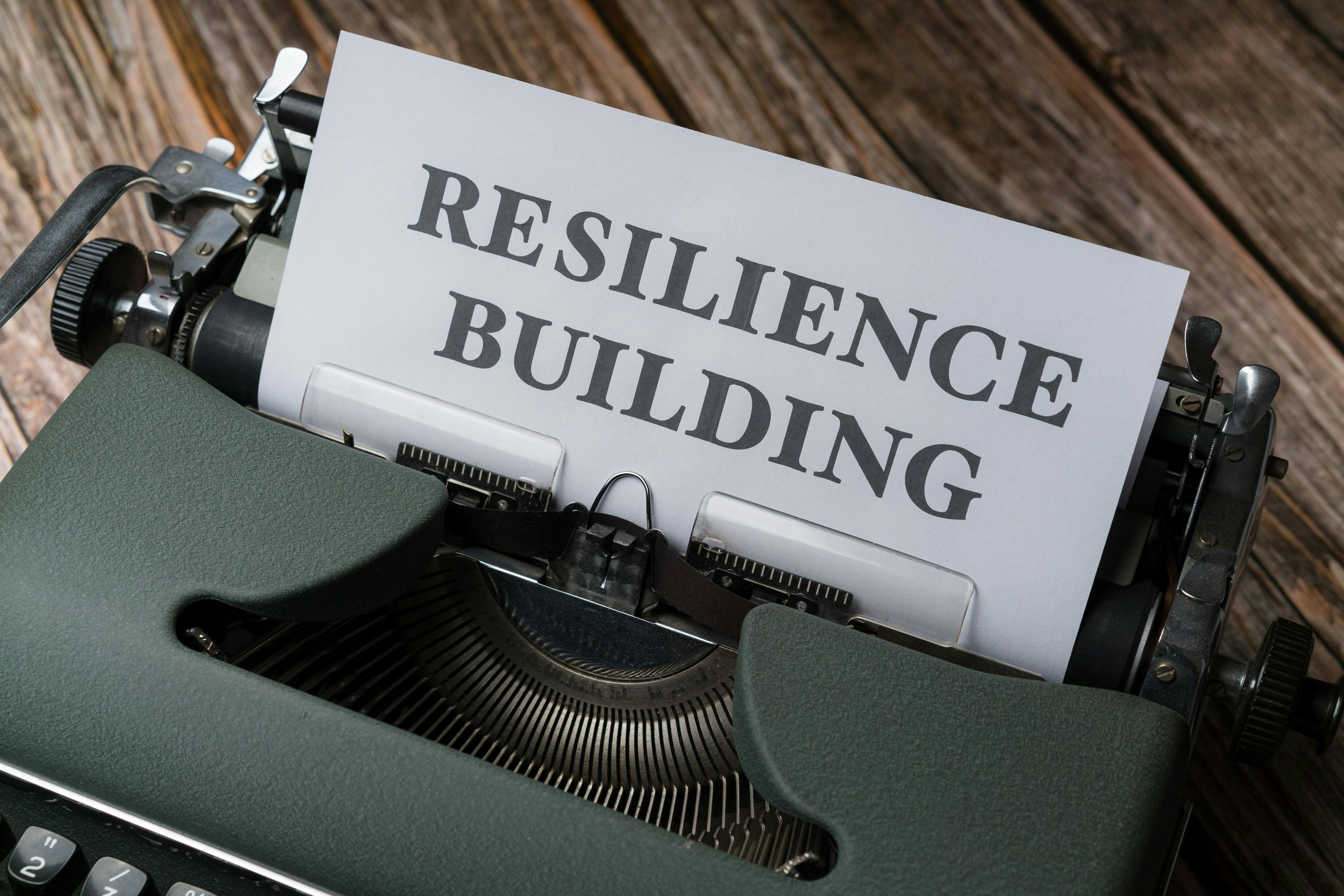Mar 9, 2024
Building Resilience: A Guide to Developing Coping Skills for a Happier Life
Mental Health
Coping Skills
Resilience
Introduction
Life is unpredictable, and challenges are inevitable. Developing resilience and effective coping skills is crucial to navigate adversity and maintain mental wellness. In this post, we'll explore the importance of resilience, signs of low resilience, and practical strategies to build coping skills for a happier life.
The Importance of Resilience
Adapting to Change: Resilience helps you adjust to unexpected events and transitions.
Managing Stress: Resilience reduces the impact of stress on mental health.
Improving Relationships: Resilience enhances communication and conflict resolution skills.
Signs of Low Resilience
Chronic Stress
Emotional Overload
Avoidance Behaviors
Difficulty Bouncing Back
Building Coping Skills
Mindfulness Practices: Regular mindfulness exercises increase self-awareness and calm.
Reframing Negative Thoughts: Challenge negative self-talk and replace with positive affirmations.
Social Support Network: Nurture relationships with supportive family and friends.
Self-Care: Prioritize activities that bring joy and relaxation.
Practical Strategies
Grounding Techniques: Use sensory experiences to calm the mind and body.
Journaling: Write down thoughts and feelings to process emotions.
Gratitude Practice: Reflect on daily blessings to shift focus to positivity.
Conclusion
Developing resilience and effective coping skills takes time and effort, but it's worth it. By incorporating these strategies into your daily life, you'll build a stronger, happier you. Remember, resilience is not a fixed trait – it can be developed and strengthened over time.
Book an Appointment
Schedule your visit now for personalized care in a comfortable environment. Your journey to a brighter, healthier smile begins here.
Get FREE Template



